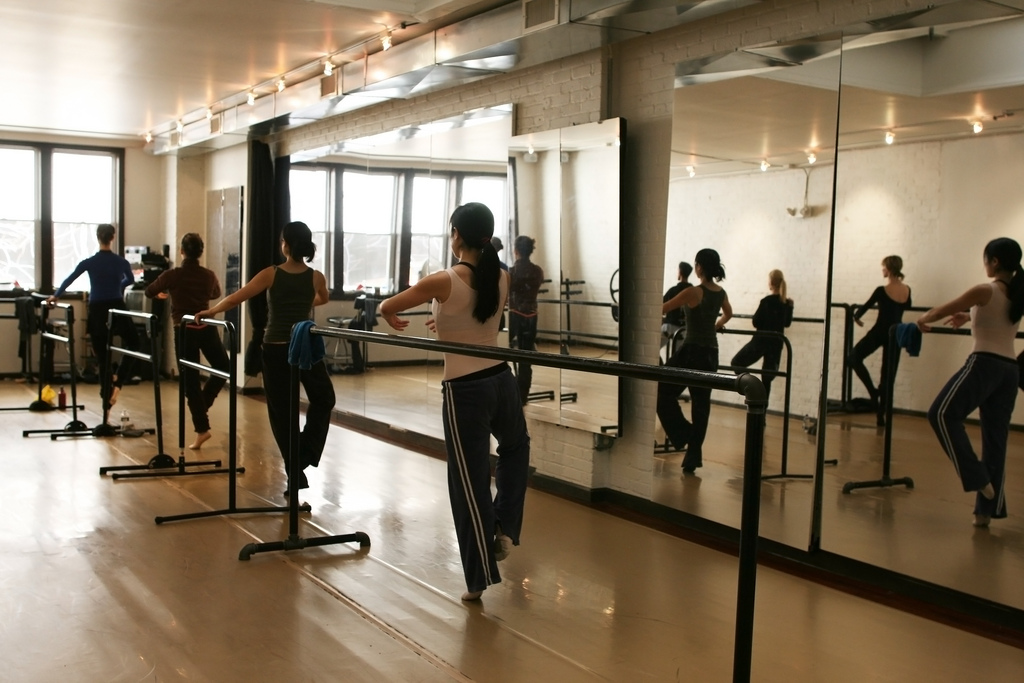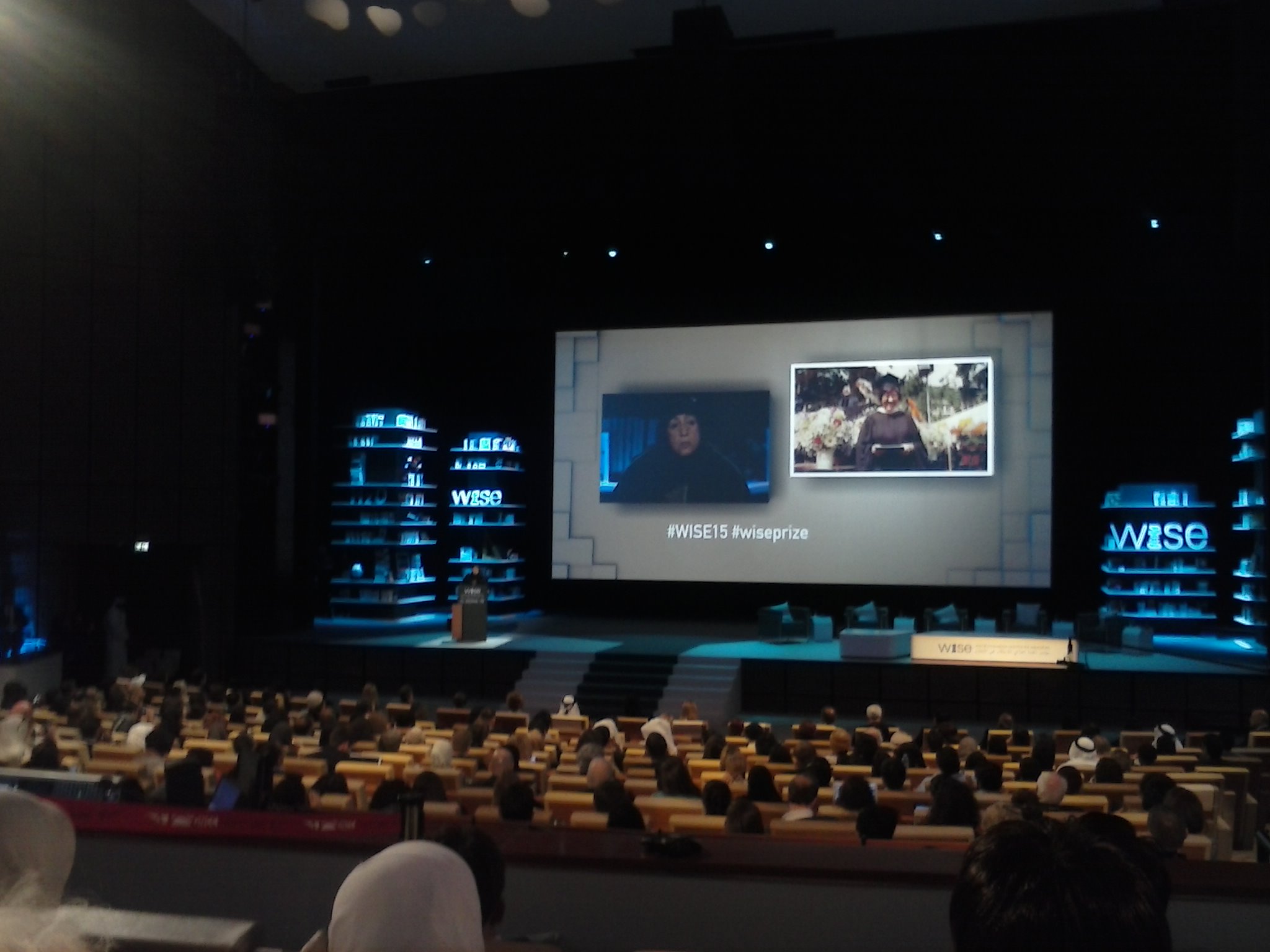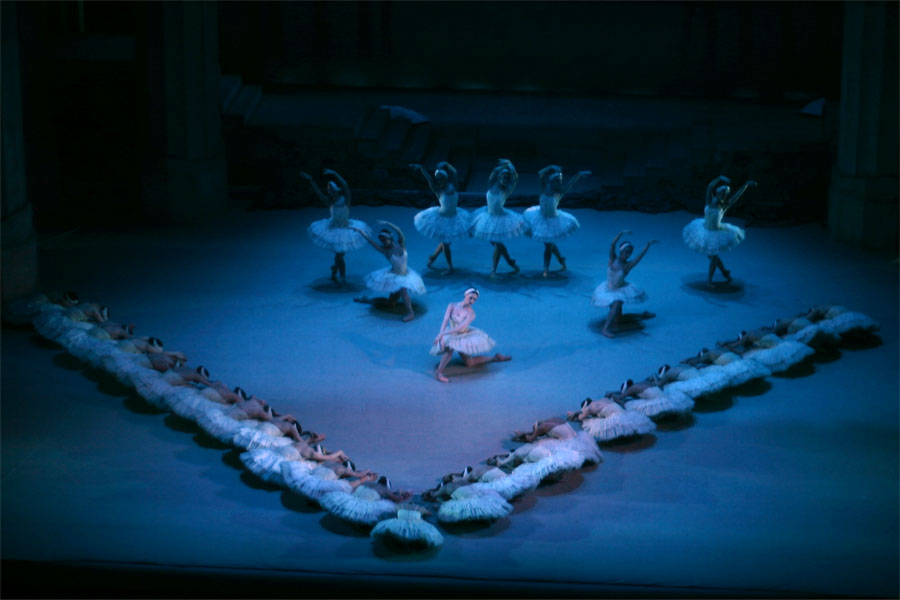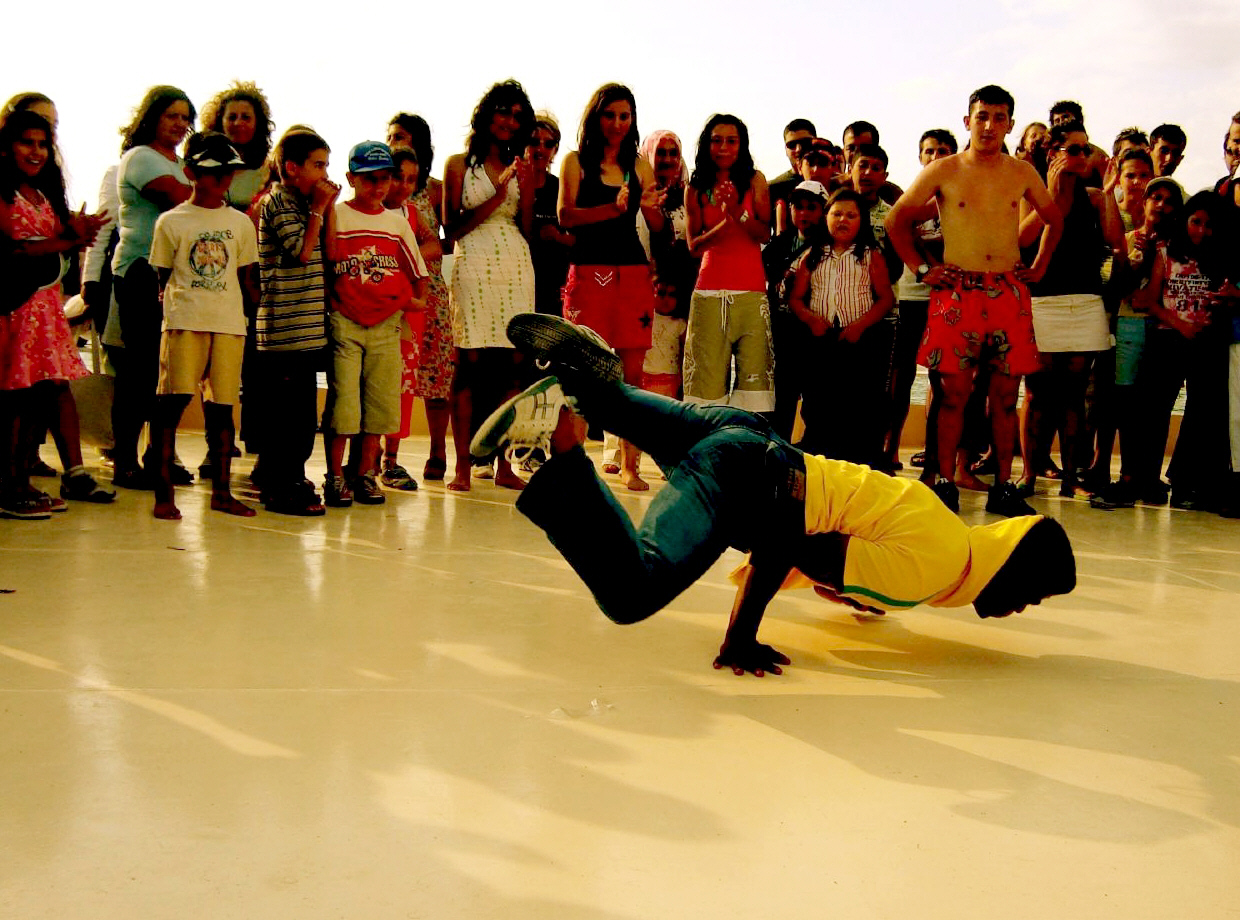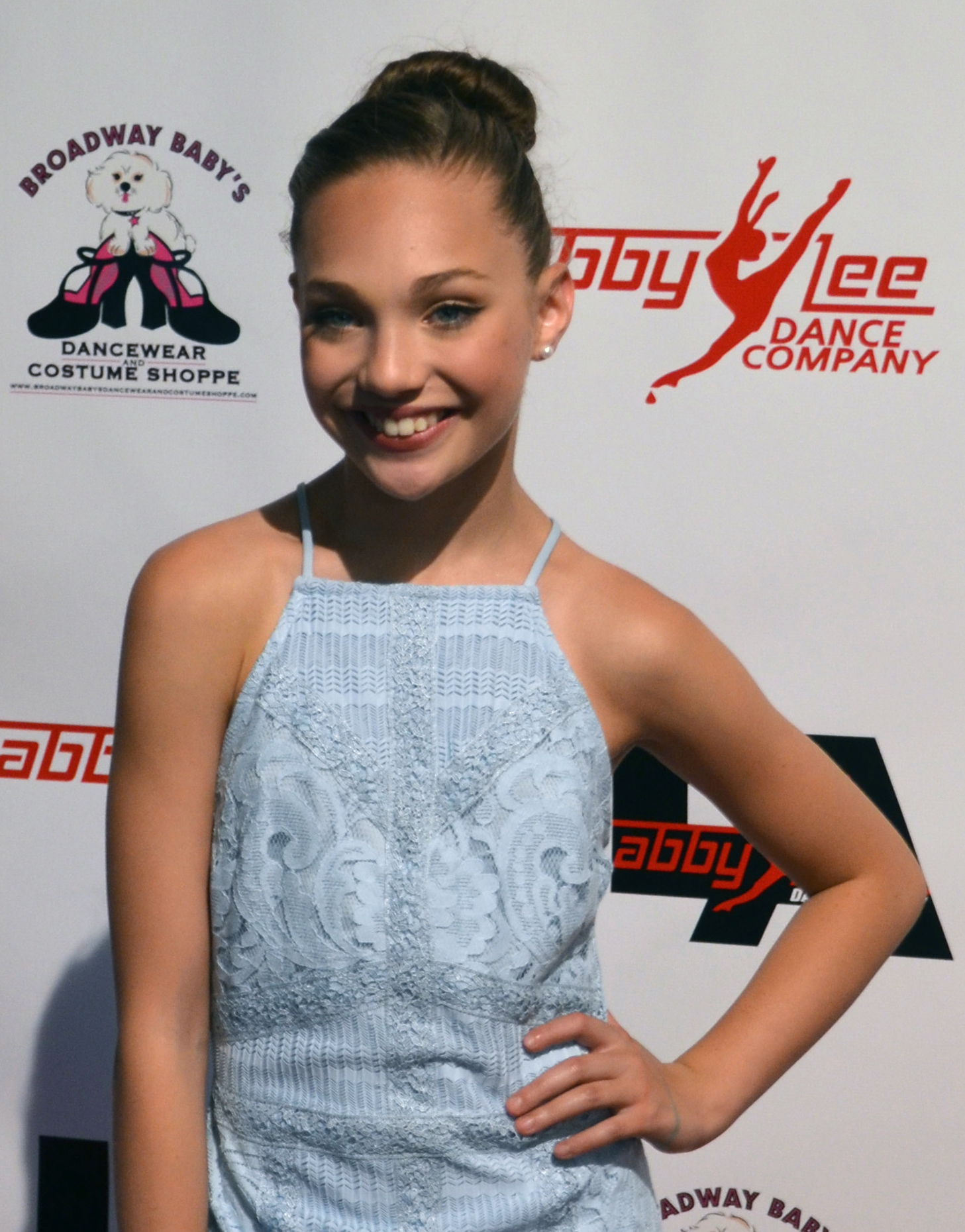 Early February saw an announcement by Entertainment Tonight that 13 year old Maddie Ziegler was set to leave the hit reality television show Dance Moms, and the Abby Lee Dance Company to boot, after season six. Industry rumours circulated about Ziegler’s involvement in Sister, a film project written and directed by the pop star Sia, who is her frequent collaborator. The pair have previously worked on three of Sia’s music videos, “Chandelier,” “Elastic Heart” and “Big Girls Cry”, and Sia’s first-ever film Sister will be based on a one-page story she wrote.
Early February saw an announcement by Entertainment Tonight that 13 year old Maddie Ziegler was set to leave the hit reality television show Dance Moms, and the Abby Lee Dance Company to boot, after season six. Industry rumours circulated about Ziegler’s involvement in Sister, a film project written and directed by the pop star Sia, who is her frequent collaborator. The pair have previously worked on three of Sia’s music videos, “Chandelier,” “Elastic Heart” and “Big Girls Cry”, and Sia’s first-ever film Sister will be based on a one-page story she wrote.
It also looks as though Ziegler will be a competition judge too. She is said to be joining the judging panel of the new So You Think You Can Dance season, alongside judges Paula Abdul, Jason Derulo and Nigel Lythgoe. The show will be celebrating its 13th season, and will be changing in order to focus on younger dancers, hence Ziegler’s involvement. Despite this fitting involvement, it is important to remember the age and breadth of experience of the young dancer, and how much she has to offer ahead of stepping into a prestigious role.
The teen dance phenomenon will lend her expertise as a dancer who has performed professionally on Saturday Night Live, the Grammy Awards, The Ellen DeGeneres Show, “We Can Survive” at the Hollywood Bowl, Dancing with the Stars and Jimmy Kimmel Live. She will be expected to critique and praise the contestants as they compete during the studio shows this summer. Dancers as young as eight years old will be invite to compete in various dance styles, such as contemporary, tap, hip-hop, ballroom, animation and breaking. They will then be paired with All-Stars to compete for the title of “America’s Favourite Dancer.”
As busy as Ziegler is, another project she is reportedly working on is the upcoming feature film The Book of Henry, directed by Colin Trevorrow. This will be her big screen debut, starring opposite Naomi Watts.

